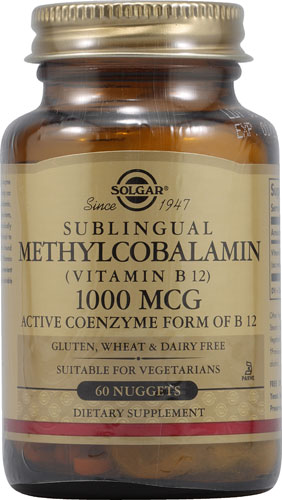Veganism has hit the mainstream and today’s teens are on the forefront of this change. Young people are globally aware and connected due to exposure to documentaries, social media and the news. There are many ethical, environmental and health reasons people go vegan and don’t eat, wear, or use anything that comes from an animal.
When I went vegan as a teen years ago, I was searching for a way to be healthy and compassionate. My family and friends who wanted to support me needed to learn right along with me. Whether your teen is alone in the shift to veganism, it’s a family affair or you’re driving the change, there are seven keys to helping your teen go vegan healthfully.
1. Focus on nutrition
Research has shown that a typical American diet leaves people nutrient deficient. Whereas a vegan diet, done right, can be healthier and even help fight a number of lifestyle-based diseases like heart disease and obesity.
The key is focusing on plant-based, whole food nutrition since teens’ needs are higher due to their rapid development and high metabolism. Let vegetables, fruits, beans and legumes, whole grains, nuts and seeds be the basis of meals. Don’t let them be a Carb-etarian, living on bagels, pizza and pasta.
2. Eat the rainbow
The possibilities in vegan cooking are endless! Eating fruits and vegetables in a variety of different colors ensure a mix of vitamins and minerals. Protein and fiber are in just about every plant food making it easier than realized for vegans to get enough of these items.
But to be sure your teen is getting enough of these, have snacks and meals include a variety of beans, nuts and seeds (including quinoa, a complete protein), as well as plant protein-based products like nut butter, tofu, tempeh, seitan, veggie burgers and TVP. Need some easy-to-follow recipes for inspiration? Click here to download our FREE vegan recipe ebook.
3. Keep it interesting
Plant foods are far from boring or tasteless. Veganism is one of the fastest growing trends and food companies are keeping up with demand by creating new, exciting and most importantly tasty, versions of food staples and favorites. Veganize your favorite cuisines. Nut milks and dairy-free cheeses, meat alternatives, snacks and desserts are now available in droves.
Whatever your teen enjoyed as a carnivore, there’s a veggie version–just sub out a few ingredients. Add veggies, fake meats and non-dairy cheese to a pizza, stick veggie burgers and “notdogs” on the grill. Switch beans for meat in burritos, chili and soups; veggies and tofu for meat in lasagna; and flax seeds and coconut milk for eggs and milk in pancakes and baked goods.
4. Plan in advance
Short on time. Pre-plan and prep. Instead of stressing when hunger strikes, stock up on healthy vegan snacks and premade meals so that they’ll be readily available. Fresh and dried fruit, trail mixes, nut butters, energy bars and frozen meals are all good on-the-go choices.
5. Supplement
Proper nutrition affects everyone. Studies showed that some omnivores are lacking in seven essential nutrients, vegans only three: B12, calcium and iodine.
The only thing typically not included in a vegan diet is vitamin B12. B12 fortified foods like plant milks and breakfast cereals, nutritional yeast and B12 supplements are the best ways to get this.
For other nutrients, a balanced diet should do the trick. As a back up, you might want to suggest a good vegan multivitamin.
Make sure your teens’ diet includes food rich in calcium (kale and broccoli), iodine (sea vegetables), vitamin D (fortified plant milk), iron (dark leafy veg, tofu and beans) with vitamin C for best absorption, and omega 3s including ALA (from chia, hemp and flax seeds) which is important for proper growth rates in children and EPA/DHA (from algae).
6. Knowledge is power
These apps are great for making vegan choices on the go.
- VEGANXPRESS Finds vegan food options at your favorite chain restaurants.
- HAPPYCOW Finds vegan and vegan-friendly restaurants by location.
- IS IT VEGAN Tells you if a packaged food is vegan by scanning the barcode.
- FOOD MONSTER Shares thousands of tasty recipes.
- VITACOST Has thousands of discounted vegan products you can order at your fingertips.
Instagram and YouTube are full of information and recipes from experts and vegan teens, like YouTuber Haile Thomas, Haileteenvegan, the youngest Certified Integrative Nutrition Health Coach in the United States. The Vegetarian Resource Group’s teen page is filled with resources on every aspect of vegan life.
7. Find your tribe
Instagram, Facebook and online communities like TeenVGN.com in the UK and VeganTeen.net in the US are great starters. They can also check out vegan meetups in their areas and raise awareness at their schools through starting/joining animal rights groups and volunteering at animal shelters/sanctuaries. Having support both in person and online will go a long way to helping your teen feel connected and understood.




